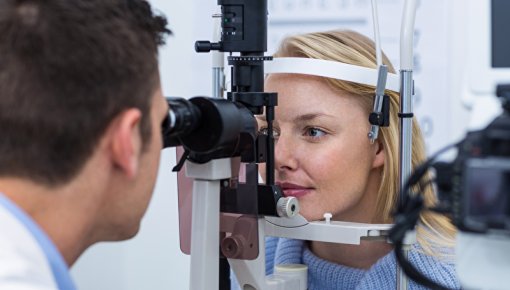Glaucoma: How can screening tests help?

Many eye doctors offer screening tests for glaucoma. But statutory health insurers (in Germany) only cover the costs if you have risk factors or if the doctor suspects you may have glaucoma. There's no good-quality research on whether or not screening programs for the general population are helpful.
Glaucoma is an eye disease that causes vision to become worse over time. It progresses slowly, and doesn't cause any immediate vision problems. By the time you notice that you have glaucoma, damage to the eye is usually already at an advanced stage and can't be reversed. So it's generally important to diagnose and treat the disease as early as possible. But it's not clear whether screening for the general population is the best way to do this.
